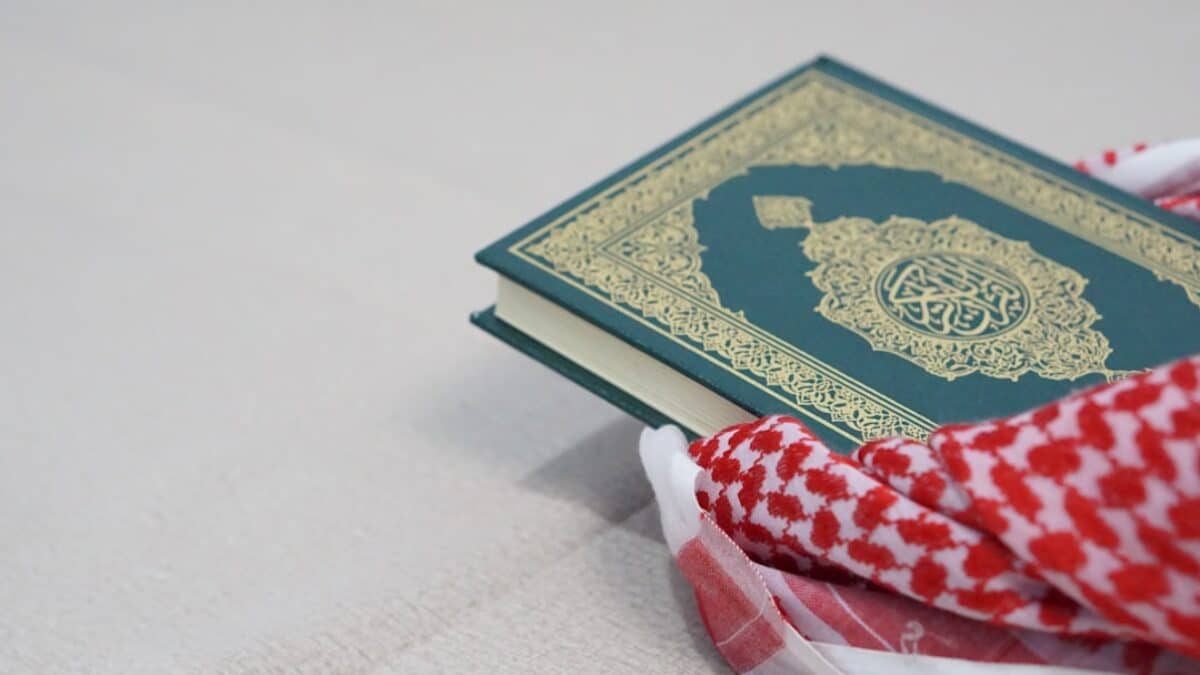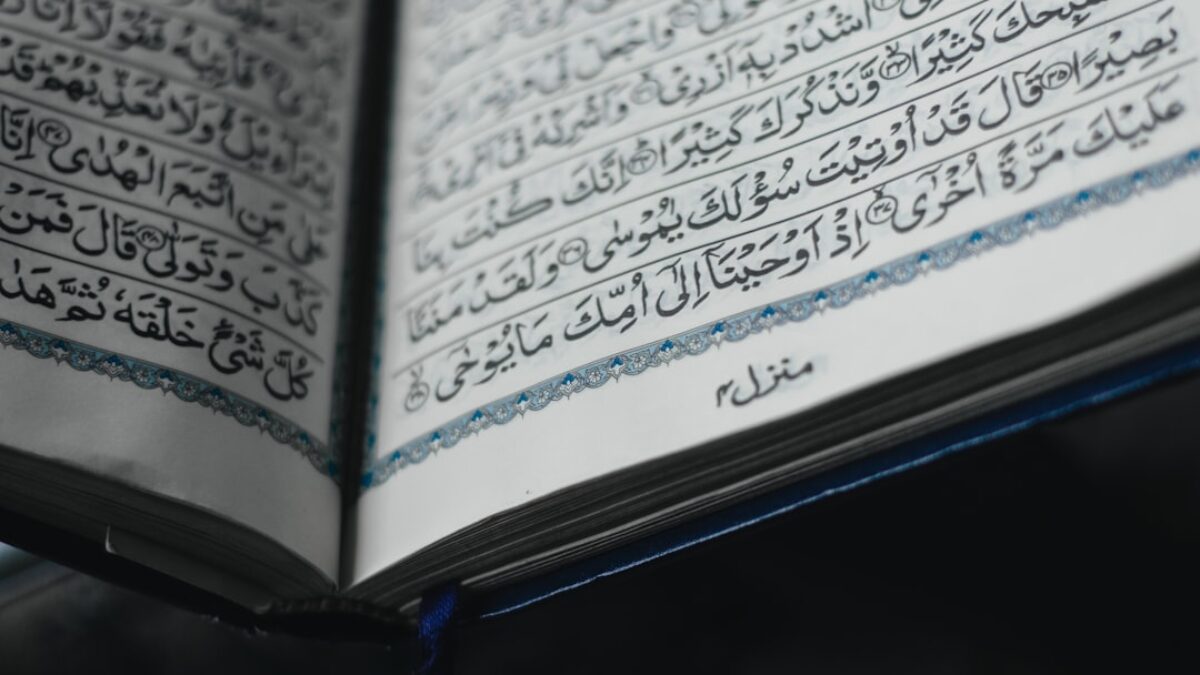Every day, millions of Muslims set out on journeys—short commutes to work, long-haul flights across continents, or humble walks to the local market. Islam teaches that leaving the safety of home exposes the traveler to both worldly and unseen risks, and that turning to Allah through duʿāʾ (supplication) is the surest way to secure protection, guidance, and barakah (divine blessing). This article gathers the most powerful duas for safe travel that the Prophet ﷺ himself recited, taught his Companions, and recommended for the entire ummah. Whether you are a frequent flyer, an occasional holiday-maker, or simply someone who wants to revive the sunan (prophetic traditions), learning these supplications will transform the way you begin, endure, and conclude every trip.
Understanding Travel Duas in Islam
The Spiritual Dimension of Travel
In the Qur’an, Allah subḥānahu wa taʿālā describes travel as a sign of His power and a means of reflection:
“Say, ‘Travel through the land and observe how He began creation.’” (Surah al-‘Ankabūt 29:20)
Travel is therefore not merely a physical displacement; it is a riḥlah (spiritual journey) that tests patience, gratitude, and reliance on Allah. The Prophet ﷺ said, “Travel is a portion of punishment,” indicating the exhaustion, hunger, and potential dangers involved (Bukhārī). Against this backdrop, travel duas act as shields—spiritual armor against anxiety, accidents, theft, and spiritual heedlessness.
Categories of Travel Duas
- Pre-departure supplications: recited before leaving home or boarding a vehicle.
- En-route supplications: invoked during transit—on planes, trains, ships, or animals.
- Arrival supplications: said upon reaching the destination or returning home.
- Situational duas: tailored for turbulence, lost luggage, illness, or any unexpected trial.
Key Components of Powerful Travel Duas
The Arabic Text and Transliteration
Authenticity is vital. All duas listed below are drawn from the Qur’an and verified ḥadīth sources. Each is provided in:
Arabic (Uthmani script for precision) Romanized transliteration (to aid non-Arabic speakers) Concise English meaning (to ensure comprehension)
Recommended Etiquette When Making Dua
- Face the qiblah if possible, though not mandatory.
- Raise the hands to shoulder level, palms open, expressing humility and need.
- Begin with praise of Allah and salutations upon the Prophet ﷺ.
- Be specific in your request (e.g., “O Allah, make this flight land safely”).
- Show gratitude after your dua is answered.
Memorization Tips
Learning these duas is easier than you think:
Write them on flash cards kept in your passport holder. Use mobile apps like “Hisnul Muslim” for audio repetition. Recite with family or friends during journey planning sessions. Place stickers in your car or on your suitcase with short duas.
Must-Know Travel Duas with Context
1. Dua When Leaving the House
Arabic:
بِسْمِ اللَّهِ تَوَكَّلْتُ عَلَى اللَّهِ، وَلَا حَوْلَ وَلَا قُوَّةَ إِلَّا بِاللَّهِ
Transliteration: Bismi-llāhi, tawakkaltu ʿala-llāh, wa lā ḥawla wa lā quwwata illā billāh.
Meaning:
“In the name of Allah; I place my trust in Allah; there is no power nor strength except with Allah.”
When to Recite
Immediately after locking the door, before taking the first step away from home. The Prophet ﷺ said, “Whoever recites this, it will be said to him: ‘You are guided, sufficed, and protected,’ and the devils will leave him alone.” (Abu Dāwūd)
2. Dua When Mounting a Vehicle or Boarding Transport
Arabic:
بِسْمِ اللَّهِ، الْحَمْدُ لِلَّهِ، سُبْحَانَ الَّذِي سَخَّرَ لَنَا هَذَا وَمَا كُنَّا لَهُ مُقْرِنِينَ، وَإِنَّا إِلَى رَبِّنَا لَمُنقَلِبُونَ. الْحَمْدُ لِلَّهِ، الْحَمْدُ لِلَّهِ، الْحَمْدُ لِلَّهِ، اللَّهُ أَكْبَرُ، اللَّهُ أَكْبَرُ، اللَّهُ أَكْبَرُ، سُبْحَانَكَ إِنِّي ظَلَمْتُ نَفْسِي فَاغْفِرْ لِي، فَإِنَّهُ لَا يَغْفِرُ الذُّنُوبَ إِلَّا أَنْتَ
Transliteration & Usage
Recite once seated in your seat, seat-belt fastened or animal saddled. It acknowledges Allah’s gift of transport and reminds the traveler of the eventual return to Allah.
3. Dua for a Safe Journey
Arabic:
اللَّهُمَّ إِنَّا نَسْأَلُكَ فِي سَفَرِنَا هَذَا الْبِرَّ وَالتَّقْوَى، وَمِنَ الْعَمَلِ مَا تَرْضَى، اللَّهُمَّ هَوِّنْ عَلَيْنَا سَفَرَنَا هَذَا، وَاطْوِ عَنَّا بُعْدَهُ، اللَّهُمَّ أَنْتَ الصَّاحِبُ فِي السَّفَرِ، وَالْخَلِيفَةُ فِي الْأَهْلِ، اللَّهُمَّ إِنِّي أَعُوذُ بِكَ مِنْ وَعْثَاءِ السَّفَرِ، وَكَآبَةِ الْمَنْظَرِ، وَسُوءِ الْمُنْقَلَبِ فِي الْمَالِ وَالْأَهْلِ
Meaning & Reflection Points
This dua bundles multiple requests: righteous conduct, ease in travel, companionship of Allah, and protection from fatigue, depressing sights, and calamitous return.
4. Dua for Entering a Town or City
Arabic:
اللَّهُمَّ رَبَّ السَّمَاوَاتِ السَّبْعِ وَمَا أَظْلَلْنَ، وَرَبَّ الْأَرَضِينَ السَّبْعِ وَمَا أَقْلَلْنَ، وَرَبَّ الشَّيَاطِينِ وَمَا أَضْلَلْنَ، وَرَبَّ الرِّيَاحِ وَمَا ذَرَيْنَ، فَإِنَّا نَسْأَلُكَ خَيْرَ هَذِهِ الْقَرْيَةِ، وَخَيْرَ أَهْلِهَا، وَخَيْرَ مَا فِيهَا، وَنَعُوذُ بِكَ مِنْ شَرِّهَا، وَشَرِّ أَهْلِهَا، وَشَرِّ مَا فِيهَا
Practical Scenario
As your bus enters the city limits, airplane descends, or car crosses the welcome sign, recite this dua silently. It seeks goodness in the food, people, and atmosphere you are about to experience.
5. Dua for Returning Home
Arabic:
آيِبُونَ تَائِبُونَ عَابِدُونَ لِرَبِّنَا حَامِدُونَ
Transliteration: Āyibūna tā’ibūna ʿābidūna li-rabbinā ḥāmidū.
Meaning:
“We return, repent, worship, and praise our Lord.”
Recite upon entering your hometown or the threshold of your house. It re-orients the heart from worldly concerns back to gratitude and worship.
Benefits and Importance
Spiritual Protection
Regular recitation builds a spiritual force-field against the shayāṭī (devils) who are particularly active in desolate places. The Prophet ﷺ said, “When a man goes out of his house, his leg is pulled by a devil; if he mentions Allah the devil withdraws.” (Al-Ḥākim)
Psychological Comfort
Neuroscience confirms that mindfulness and repetitive phrases reduce cortisol levels. Reciting these duas transforms idle waiting time—at the gate, on the tarmac, or in traffic—into moments of tranquility and dhikr.
Barakah in Time and Provision
Travelers often complain of delayed flights or lost luggage. Barakah does not necessarily prevent problems, but it maximizes the benefit hidden in every situation—turning a layover into a networking opportunity, or a detour into an unexpected discovery.
Practical Applications
Creating a Travel Dua Kit
| Item | Placement | How It Helps |
|---|---|---|
| Small laminated card | Inside passport cover | Instant access when checking in |
| Sticker with verse 67 of Surah al-Isrā’ | Dashboard of car | Reminds driver to recite upon mounting |
| Phone lock-screen image | Smartphone | Swipe to recite before boarding |
| Audio playlist | Airplane mode | Recite along during taxiing |
























Post Comment